The future of workplace talent: HR leaders in Japan embrace Human Capital management
Fujitsu / April 20, 2023
As pressure from global competitors continues to grow, Human Resource officers in Japan are facing a challenge: how can they change their hiring strategies to stay competitive? They know investing in their people is crucial—but they also agree it is easier said than done.
Chief Human Resources Officers (CHROs) from five major Japanese firms—Fujitsu, Panasonic, Marubeni, KDDI and OMRON—exchanged their views on changing their people strategy.
Top image from left(Profile as of January 2023)
Panasonic Holdings Corporation Executive Officer, Group Chief Human Resources Officer Shigeki Mishima,
Marubeni Corporation Executive Officer, General Manager of Human Resources Koji Kashima,
KDDI Corporation Executive Officer, General Manager, Human Resources Division, Corporate Headquarters Toru Shiroiwa,
OMRON Corporation Managing Executive Officer, and Senior General Manager, Global Human Resources and Administration HQ Masahiko Tomita,
Fujitsu Corporate Executive Officer EVP, CHRO Hiroki Hiramatsu.
Challenges and opportunities of human capital management
- Let’s begin with an overview of today’s discussion from Hiroki Hiramatsu, Executive Officer EVP CHRO, Fujitsu
Hiroki Hiramatsu (Fujitsu): I want to thank my fellow CHROs for joining today’s roundtable. I know that it is not just Fujitsu Limited that is facing a major turning point in recruiting and hiring strategy, so I wanted to initiate dialogue with our partners on ways that we can contribute to improving our businesses.
Human capital management (HCM) is defined as corporate activities that maximize the value of human resources through management. HCM is a challenge all Japanese companies must confront.
I think a good place to start our discussion is about the importance of establishing a vision and a purpose all employees can empathize with. We also need to create an environment where employees can freely exchange opinions.
Without putting effort into these areas, it becomes much more difficult to hire better talent.
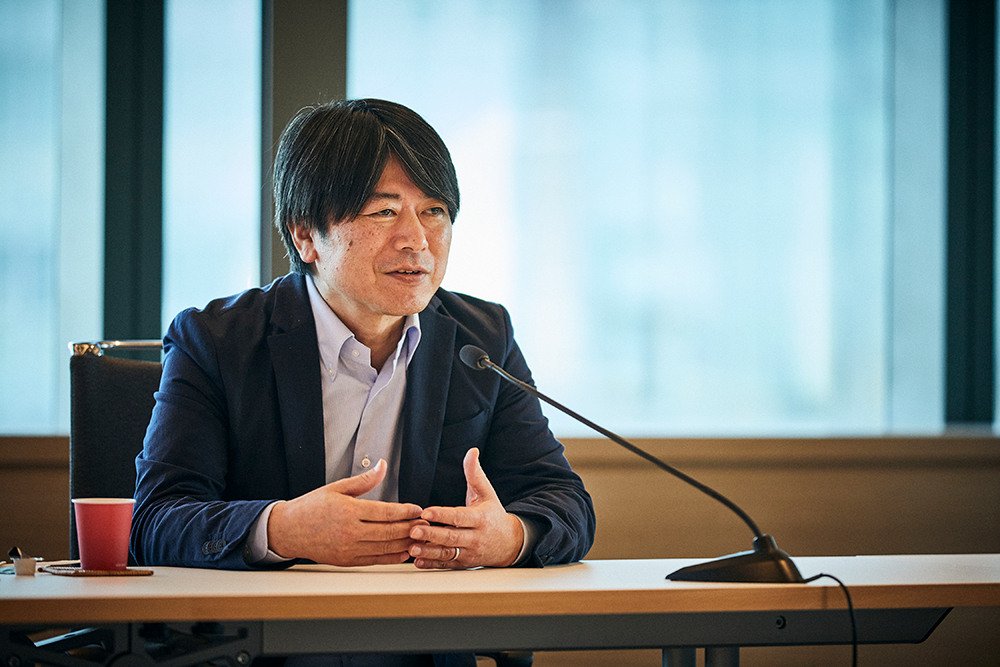
Hiroki Hiramatsu, Corporate Executive Officer EVP CHRO, Fujitsu.
- Could each of you explain how your company have been approaching the issue of HCM?
Koji Kashima (Marubeni): Marubeni is a trading company, and our business focus is to offer the value that society requires in a way that suits the times. Talent that can respond promptly to our customers’ needs is irreplaceable.
In that sense, human resources has always been at the core of our company, and we have worked hard to align our HR plan with our management policy. We were also concerned about the rapid changes in the global market, including the rise of GAFAM (Google, Apple, Facebook, Amazon, and Microsoft), to the point that there was uncertainty around whether we would be able to continue responding to needs.
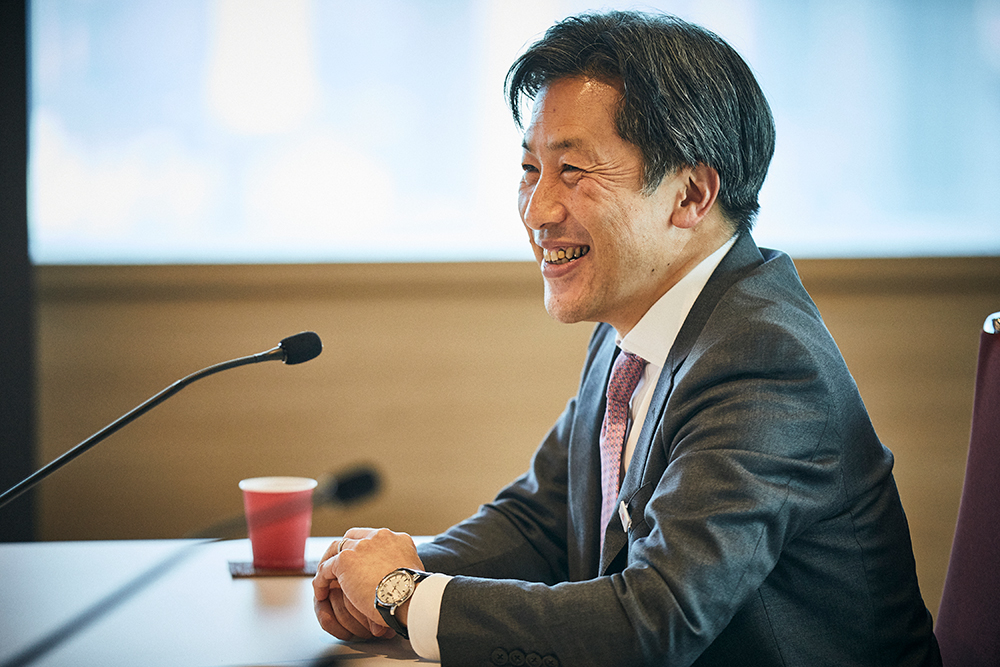
Koji Kashima, Executive Officer, General Manager of Human Resources, Marubeni Corporation
Toru Shiroiwa (KDDI): It was during our latest mid-term plan that we came to believe that the traditional seniority-based wage system (*1) had reached its limits, and in 2022, we introduced a job-based personnel system under the slogan of "transformation to a people-centered company."
In order to expand our business from telecommunications to other areas, we need more people and experts from outside the company. I was not particularly familiar with the concept of HCM, but it appears that we are heading to the same goal.
(*1) Seniority-based wage system: A system adopted by many companies in Japan in which the salaries are increased according to years of service and age.
Shigeki Mishima (Panasonic): I was in charge of creating HR strategies for each subsidiary of Panasonic Holdings.
We tried to standardize the importance of "diversity," "mobility " and "autonomy" in the HR strategy of each subsidiary. We also stressed the importance of providing options to workforces based on these three concepts. In other words, we encouraged them to incorporate these ideas into their corporate cultures. We believe the process was essential not only to improve productivity, but also to optimize and leverage human resources.
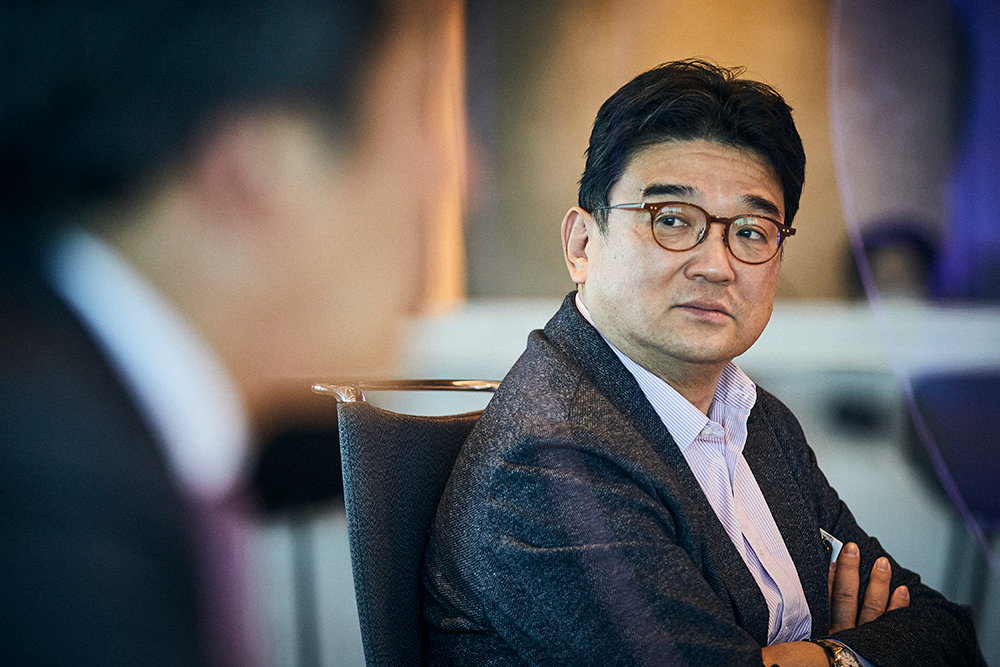
Shigeki Mishima, Executive Officer, Panasonic Holdings Corporation Group Chief Human Resources Officer
Masahiko Tomita (OMRON): Reformation on our HR planning began about five years ago. However, there was still an invisible gap between HR and management sectors.
On the HR side, they could not explain how their activities would impact the management or corporate finance. On the other hand, the management could not define how HR and business are connected especially in terms of profitability.
Therefore, for the past two years, we have been discussing how to integrate HR into the business. At this point, the term "human capital management" has become a sort of a buzz word, giving us momentum.
The benefits of collaborating minds
- What was your takeaways from the five rounds of discussions over the past year?
Koji Kashima (Marubeni): This was the first time for me to have such an in-depth level discussion with companies from different industries. It was absolutely a valuable experience. The findings here will be helpful in developing our strategy for group companies.
Toru Shiroiwa (KDDI): I have been in the HR department for 10 years after transferring from the business sector. In that time, I have become keenly aware that there is no right answer in HR and that it is important to align our ideas with executive team. The CHROs' stories gave us hints on how we can continue our work.
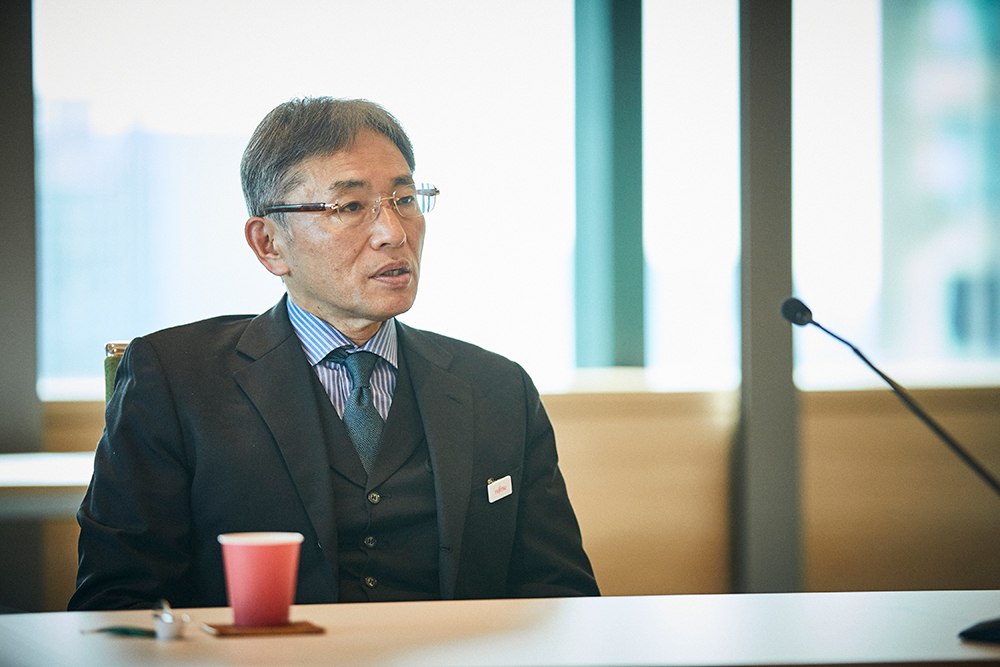
Toru Shiroiwa, Executive Officer, General Manager, Human Resources Division, Corporate Headquarters, KDDI Corporation
Shigeki Mishima (Panasonic): What I strongly felt was that the current situation is a great opportunity for Japanese companies to regain international competitiveness. Through sincere discussions with each CHRO, I was encouraged to learn that everyone is seriously committed to the market.
Masahiko Tomita (OMRON): Thank you for your candid opinions. I came away with three major insights.
The first is the importance of putting ideas into words and action.
The second is the importance of data, in other words, the importance of visualizing the capabilities and motivations of employees.
The third was that it is very encouraging to share our challenges and struggles with counterparts.

Ready, set, adapt
-How would you put your insights into practice?
Koji Kashima (Marubeni): Recently, our executives have started emphasizing the importance of "maximizing the potential of each individual." We believe this is our top priority. Another issue is the effective use of data, which we have also addressed as an important agenda in our discussions.
Toru Shiroiwa (KDDI): After switching to a job-based recruitment approach, we realized that the workforce's willingness to develop their careers is not strong enough.
Younger employees understand the importance of building their career, but for older workers it is difficult. This is the era of 100-year life expectancy, and it is necessary to train human resources with an eye toward retirement. Therefore, we are currently encouraging them to reacquire basic skills.
Shigeki Mishima (Panasonic): Introducing a job-based promotion system is a must-do, and we need to establish a better transfer system.
This is urgently needed in the back-office departments—putting highly specialized personnel in strategically important departments.
Masahiko Tomita (OMRON): We make three key points to guide our future development. Firstly and the most importantly, putting ideas into practice. When a variety of talent is brought together, we must act on the ideas that arise.
The second is continuity. It may be difficult to invest in education when business performance is poor, but we need to continue investing in our workforce. Finally, when presented with data, we must balance that data and with human subjectivity to get to the best decision.
Hiroki Hiramatsu (Fujitsu): I think the key to success is having employees feel a sense of fulfillment that their efforts are contributing to the company's growth. To this end, it is essential that HR to be closely aligned with the management strategy. That is why we in HR work closely with executive team and business unit leaders to get their buy-in on our HR strategy.
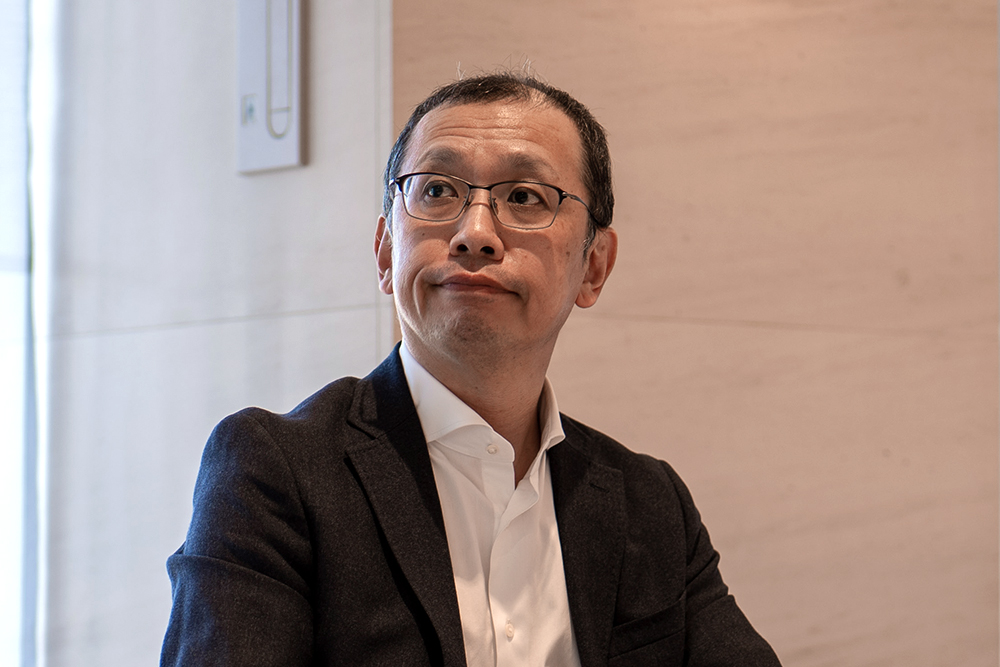
Masahiko Tomita, OMRON Corporation Managing Executive Officer, and Senior General Manager, Global Human Resources and Administration HQ
-Finally, what are your thoughts on future initiatives?
Koji Kashima (Marubeni): I feel there is great value in roundtable discussions to share our trials and errors, and I hope that we can continue to share our progress.
Toru Shiroiwa (KDDI): I feel that I’m in the position of being a challenger in terms of HCM. Now is the start, and I believe that taking an action is the next step. I’d like to review and discuss further as we move forward.
Shigeki Mishima (Panasonic): We plan to disclose information about management and business strategies related to international standards.
We will also work to deepen dialogue with investors and ensure that they understand our corporate value in the medium to long term.
Masahiko Tomita (OMRON): We have entered a stage of trial and error. That being the case, I would like to continue working together with this group to overcome the obstacles we face. I believe that dialogue with employees and stakeholders will become crucial more than ever.
Hiroki Hiramatsu (Fujitsu): In HR where there is no right answer; values are created through a cycle of feedback and improvement. I hope to continue to work together with all of you and expand our network to share both successes and failures. Transforming organizations is the greatest mission of HR, and to impact on business leaders, we need to do it with data. I hope that this will lead to the transformation of each company and ultimately to strengthening Japanese industry as a whole.
Titles and affiliates as of the interview
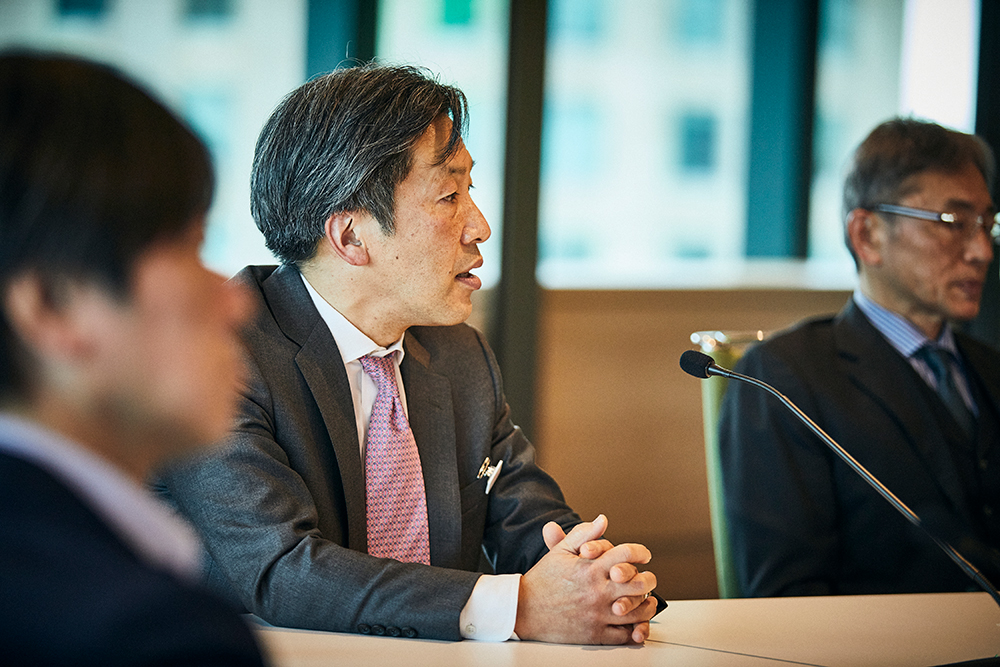
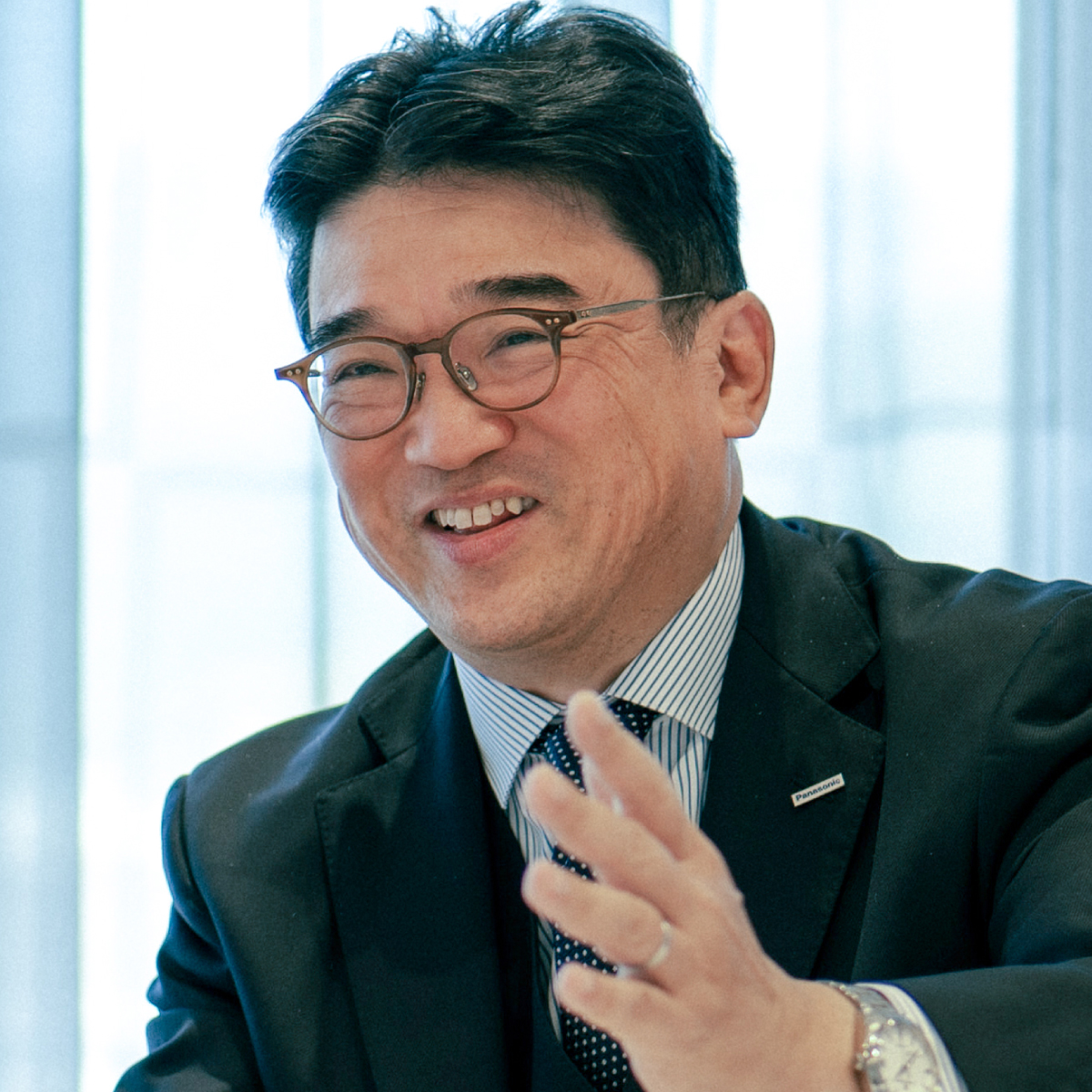
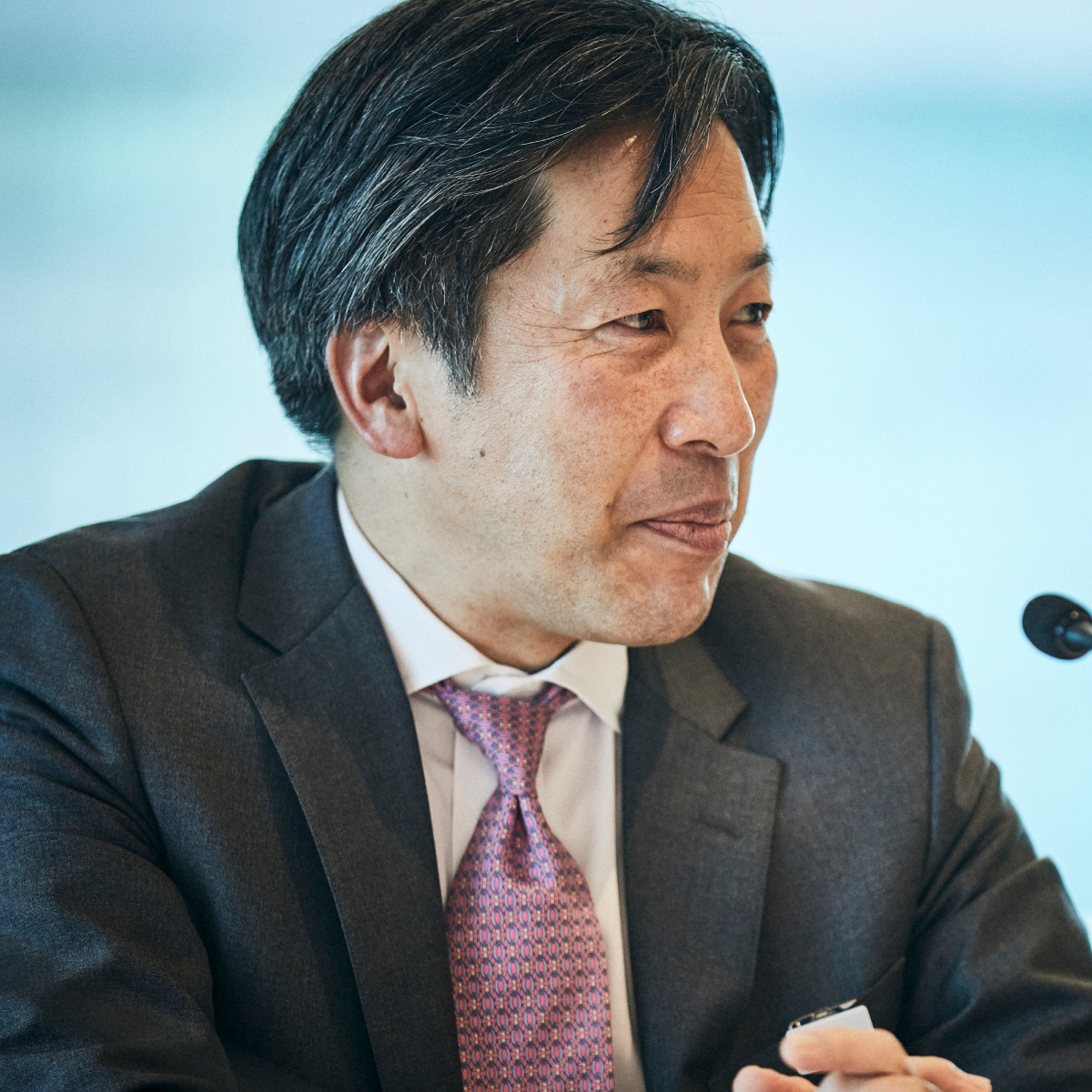
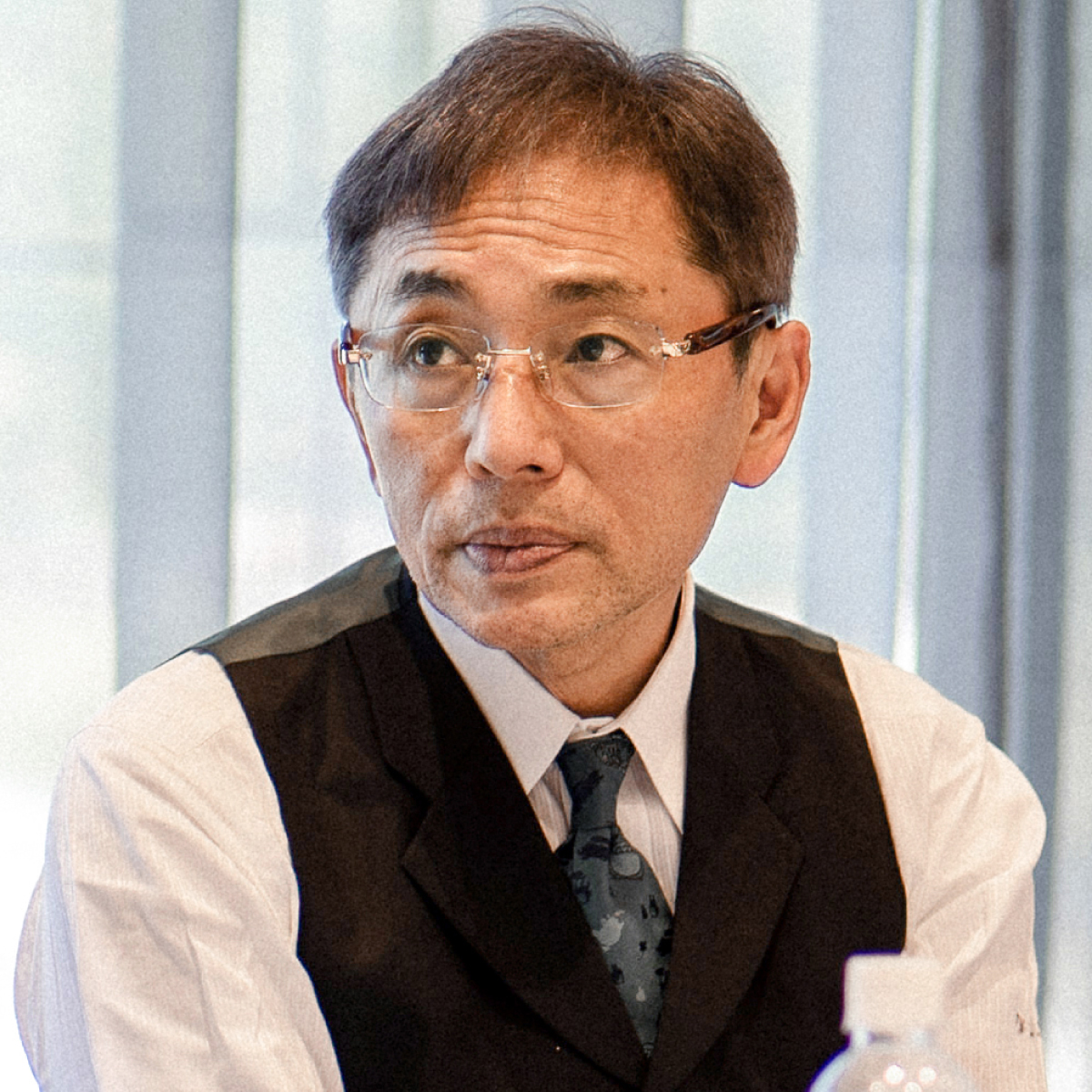
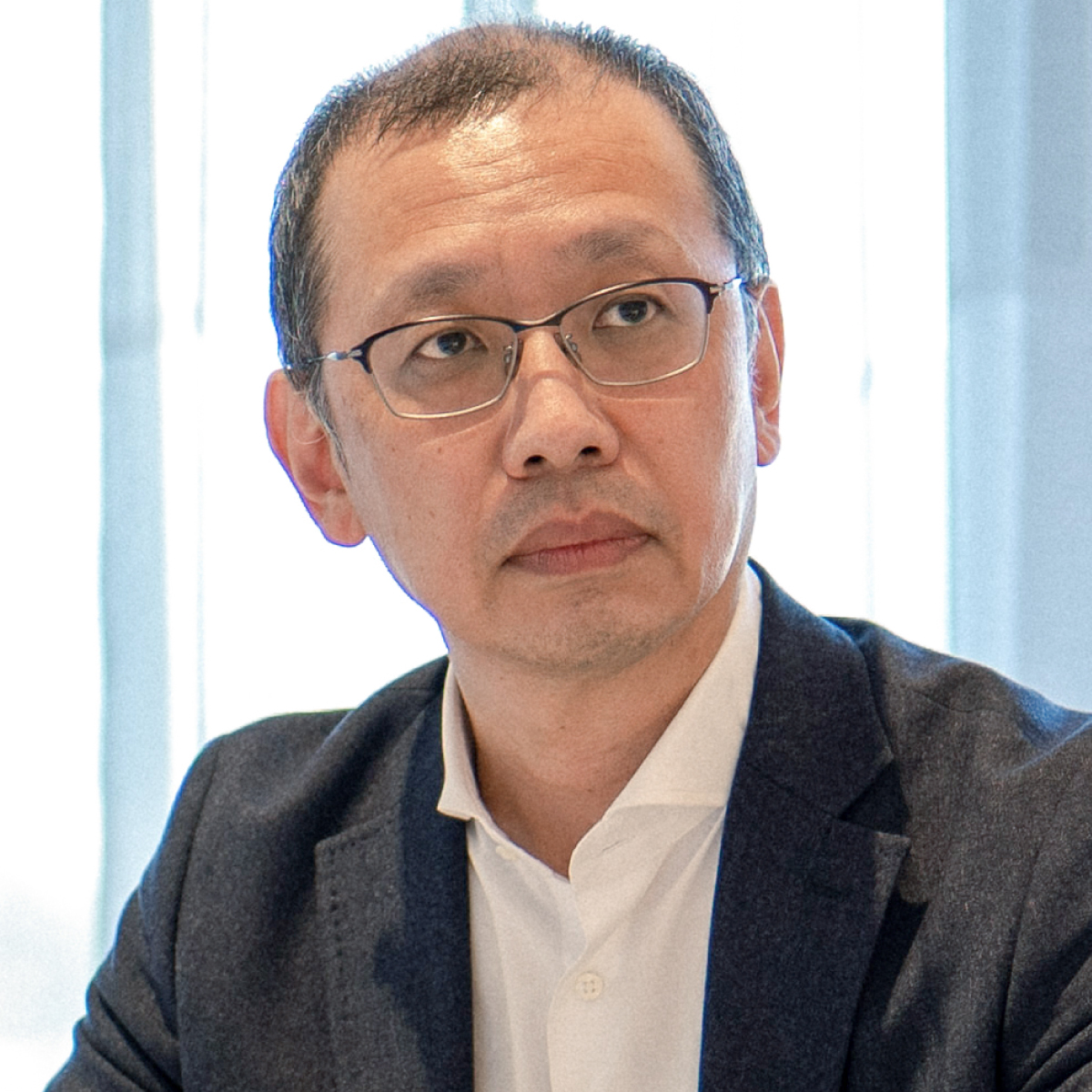
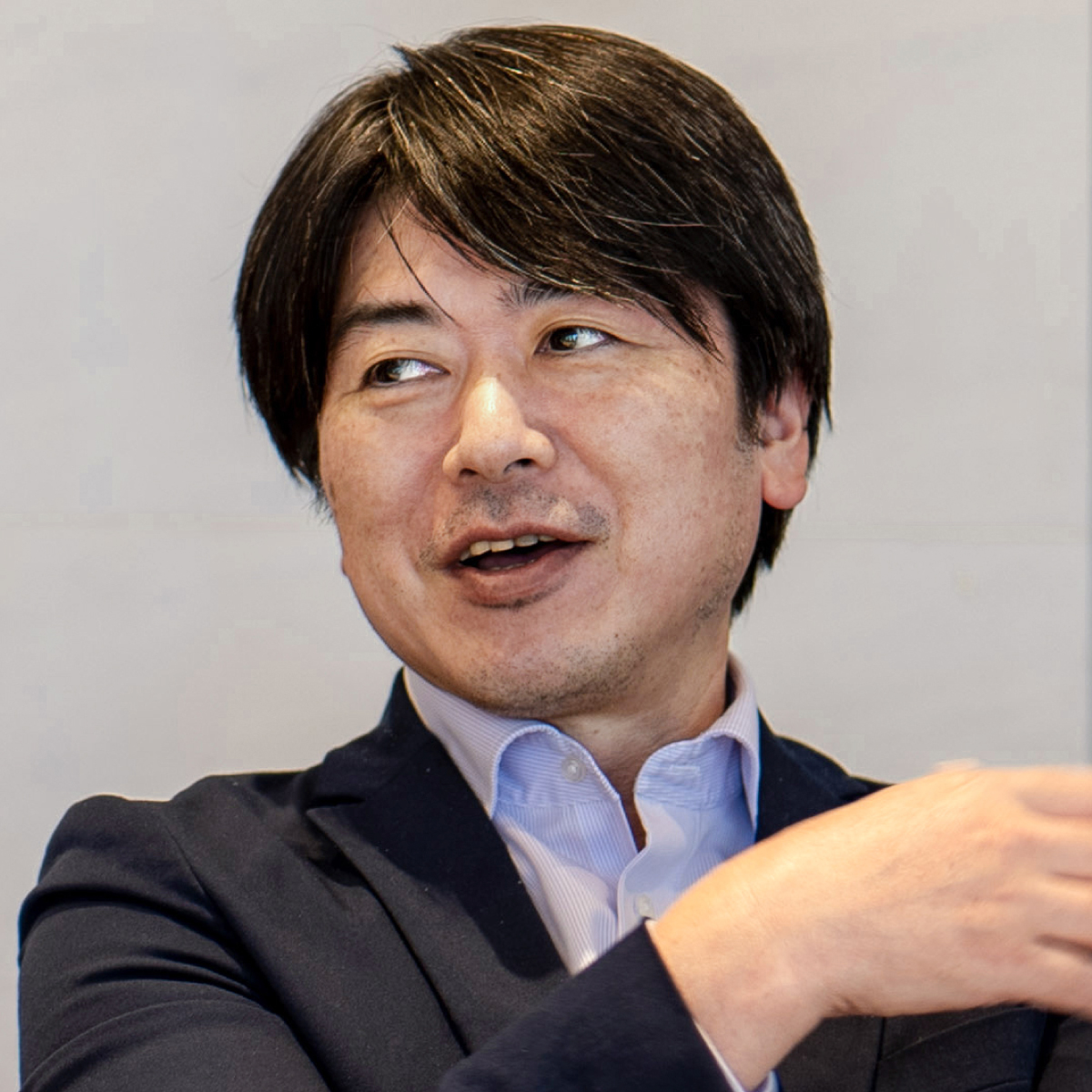
Related information
Editor's Picks











